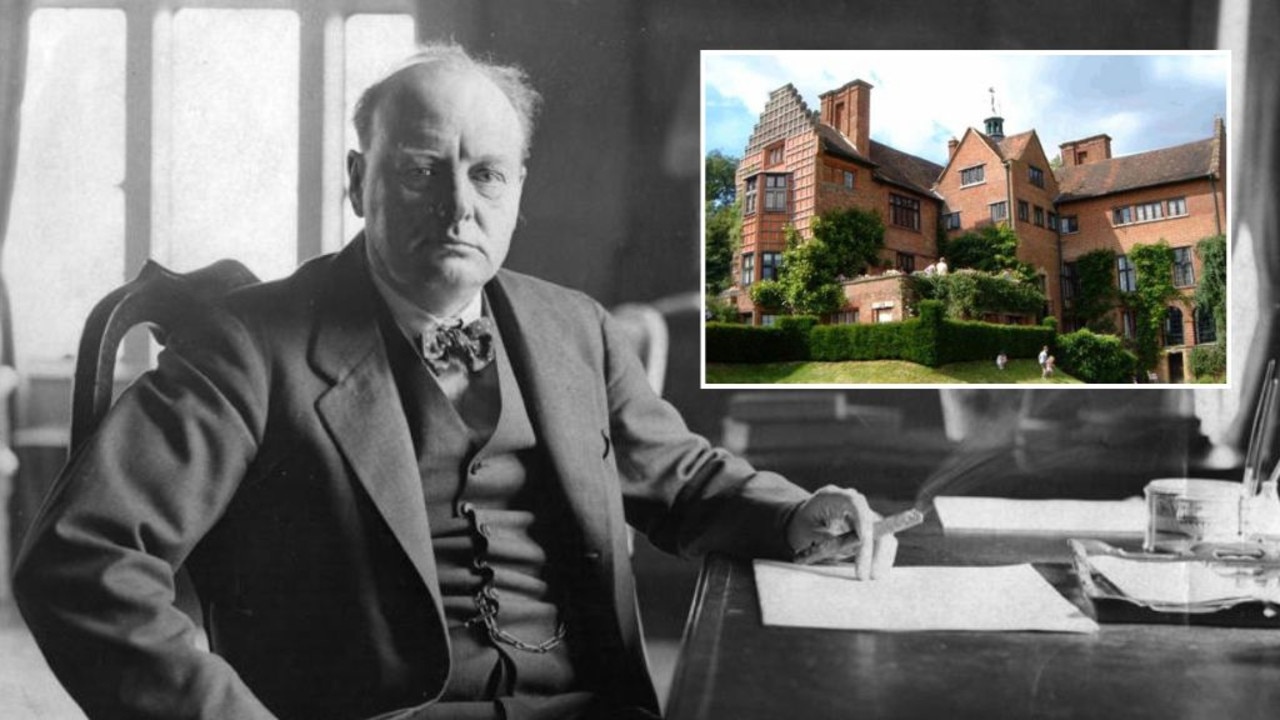Dutton has put Coalition back in contention
Despite all the naysayers decrying his decision for the Liberals to campaign against the voice, Peter Dutton has been vindicated and is looking strong in the lead up to the next election.
Also, this successful quartet presented themselves as conviction politicians. Sure, in his final years Fraser embraced a number of left-wing causes and enjoyed the occasional standing ovation when appearing before the luvvies at the left-wing stacks that are the taxpayer-funded literary festivals.
But Fraser was loathed by the left when he became prime minister after the dismissal of the Whitlam Labor government by the governor-general Sir John Kerr 48 years ago today. And the political hatred intensified when Fraser won the December 2, 1975, election in a landslide.
In time, Menzies became relatively popular. But this was not the case in December 1949. Likewise Howard in March 1996. Abbott was unpopular in September 2013 and he remains so today. Even so, he probably would have retained office at the next election. As it turned out, Abbott was replaced by Malcolm Turnbull, who lost 14 seats at the July 2016 election.
So, what about Opposition Leader Peter Dutton? He is disliked immensely by the left, including a large body of left-of-centre journalists who prevail at the ABC, Nine Entertainment’s The Age and The Sydney Morning Herald plus The Guardian Australia, The Saturday Paper and so on.
But not unpopular enough to fail to carry the No cause at the October 14 referendum on the voice – with the able assistance of his parliamentary colleagues Senator Jacinta Nampijinpa Price and Senator Kerrynne Liddle, along with some other prominent Indigenous Australians.
Prime Minister Anthony Albanese’s failure to preside over a Yes victory has been dismissed by some commentators as of little moment with respect to the next election, which is scheduled for mid-2025. This may be true. However, it should be remembered that the best and brightest journalists in our midst argued not so long ago that Dutton had made a monumental mistake by committing the Liberal Party to take a No stance on the referendum. His decision was announced with his Deputy Sussan Ley on April 5.
Take Nine’s journalists, for example. David Crowe declared that the only option for Dutton was to “change course” and added “otherwise the ground awaits”. Meanwhile, Peter FitzSimons asked the rhetorical question as to whether it was “too early” to call Dutton’s position on the voice “a disaster”.
Meanwhile, Peter Hartcher said that “voters … didn’t like” the decision. And Niki Savva wrote that (anonymous) “colleagues describe Dutton’s approach as shambolic”. Crowe, Hartcher and Savva all provide “expert” commentary on the ABC TV Insiders program.
That was in April. Within just over six months, some 60 per cent of Australians had voted No – and of the eight states and territories only the ACT had a Yes majority.
Whatever position a person takes towards the voice referendum, the evidence suggests that it was smart politics for Dutton to commit the Liberal Party to joining the Nationals on a No unity ticket.
Moreover, as an astute commentator on the Liberal Party would understand, it would have been impossible for Dutton to carry his party to support an Indigenous voice within the Constitution. Recognition of Indigenous Australians in the Constitution would have gained bipartisan support. But, for the Coalition, a voice in the Constitution was a step too far.
The Albanese government is only halfway through its term of office. But it would seem Dutton has at least rallied the Coalition after its May 2022 defeat.
Monday’s Newspoll in The Australian indicates that Labor leads the Coalition on a two-party preferred vote by 52 to 48 per cent. And Anthony Albanese heads Dutton by 46 per cent to 36 per cent as to who would be the “better PM”. That is a satisfactory result for an Opposition Leader midway through a government’s first term.
Left-of-centre journalists and academics were inclined to write off the Liberal Party as being in permanent decline after its election losses in 1972, 1993, 2007 and 2022 – as I pointed out in these pages on April 8. This is an example of wish-fulfilment.
Dutton is no certainty to lead the Coalition to victory in 2025. But the evidence suggests that he is in with at least a chance – based on winning support among what some have called the working middle class who backed the Coalition in the suburbs and regional areas on October 14.
Many ABC and Nine journalists seem to hold the view that it’s OK for the Coalition to govern – provided it is led by a self-professed moderate like Turnbull. But precedent suggests that moderate leaders are not electoral successes in Australia. It’s much the same with the backbenchers. Take the Liberal Party member for Bass in northern Tasmania, Bridget Archer, who has frequently crossed the floor since her election in 2019. She recently criticised Dutton’s support for the proposal that the Albanese government should consider establishing a royal commission to examine child sexual abuse in Indigenous communities. The idea was initiated by Price.
Archer campaigned with Albanese in Bass for a Yes vote. The electorate supported No by 62 to 38 per cent. In neighbouring Braddon (northeast Tasmania) the No vote was 72 to 28 per cent. In the 2022 election, Gavin Pearce, the Liberal member for Braddon, obtained a significantly larger swing than Archer. But you would not know this from following the mainland media.
Currently, Labor is vulnerable on cost-of-living matters while the international situation – in the Middle East, Eastern Europe and Asia – is uncertain. These are not easy times in which to govern. Which gives first-term oppositions a chance not usually available.
An immediate risk for Labor is that it could be forced into minority government – dependent on the Greens (a serious problem) or the independents (less of a problem). To the extent that the Coalition can score political points warning about the possibility of a Labor government dependent on the Greens, the Albanese government will be challenged.
Gerard Henderson is executive director of the Sydney Institute.




What do Robert Menzies, Malcolm Fraser, John Howard and Tony Abbott all have in common? Well, all four led the Liberal Party to government from opposition (in 1949, 1975, 1996 and 2013 respectively) and not one was popular on the night of their election victory.